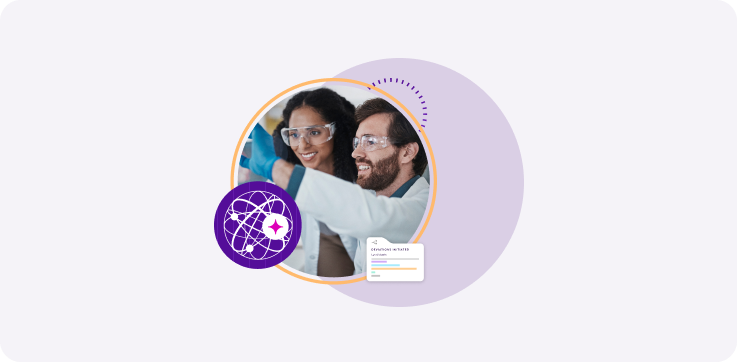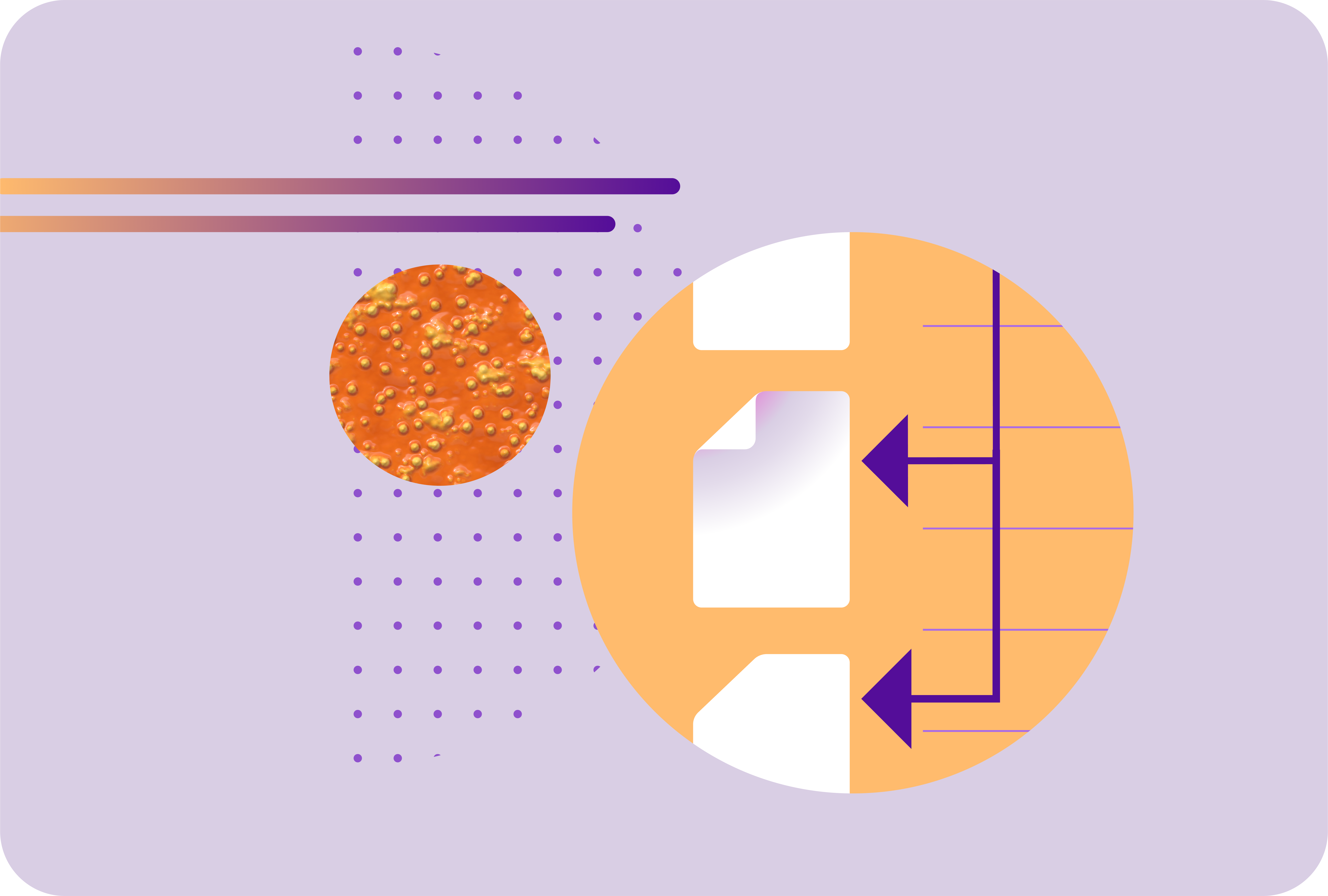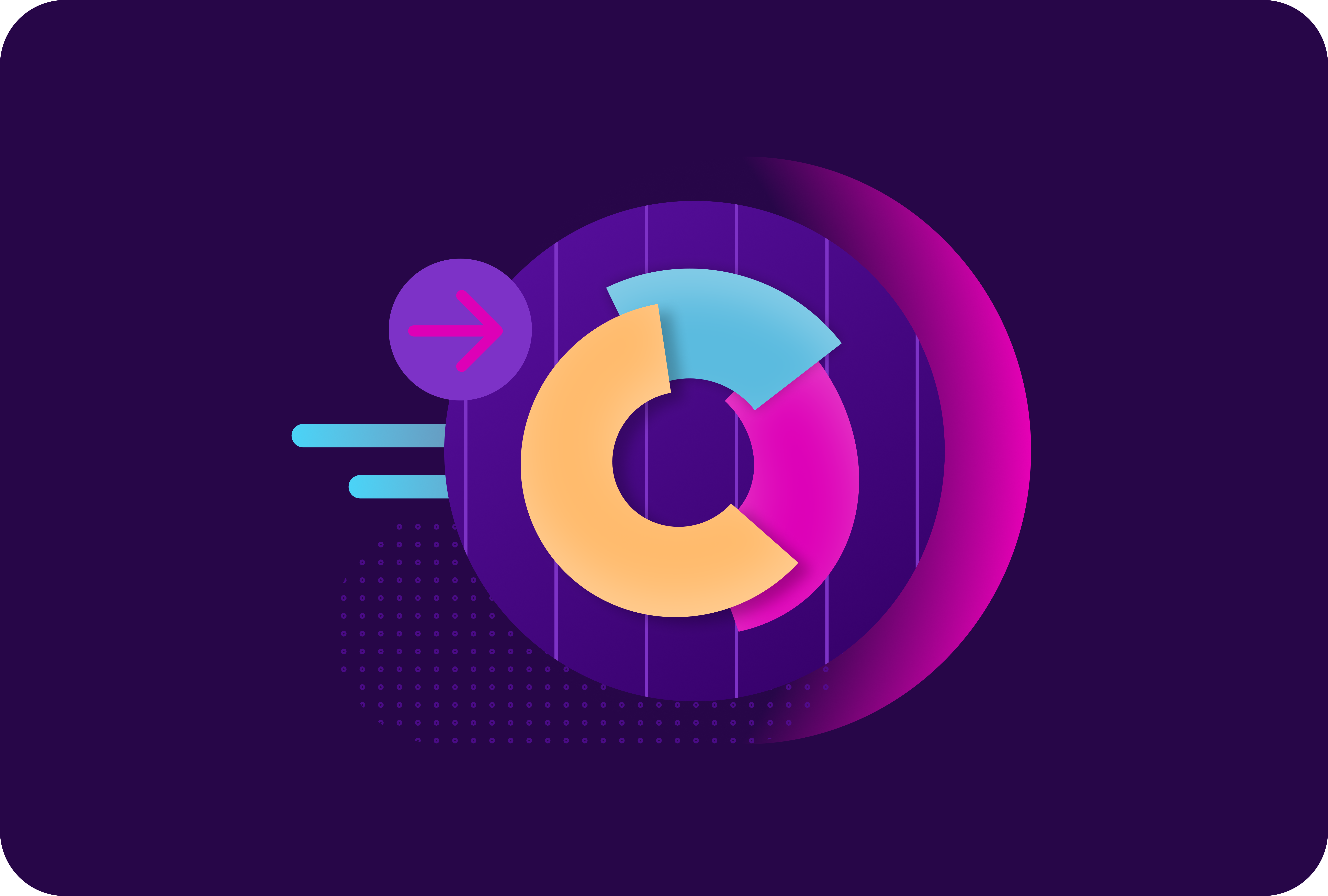

Healthcare is an enormous and lucrative industry, one which is constantly innovating and adapting. As our capabilities, technology, and culture change and evolve, so too must our healthcare institutions. Today’s patient lives in a world populated with curated content feeds, personalized shopping suggestions, and tailored ad algorithms – and they expect a similarly customized healthcare experience. To meet the demands of the modern medical customer, healthcare organizations are turning to a cloud-based healthcare CRM designed specifically for healthcare applications.
A Customer Relationship Management (CRM) platform can help healthcare and life science organizations of all sizes attract and retain new patients, gain referrals, grow their business, and improve patient care. Healthcare CRMs help hospitals, private practices, and all life science industry stakeholders streamline business processes and automate daily tasks byharnessing the power of data to improve patient experiences and enhance business relationships.
Automated appointments, follow-up reminders, preventative healthcare suggestions, streamlined billing, and personalized patient portals simplify the healthcare experience for both patients and doctors. By investing in a mobile and digital CRM, healthcare providers can access and update patient records on-demand and on the go.
The Global CRM market is the largest and fastest-growing application software category, breaking $48 billion in revenues in 2018 and projected to reach $82 billion by 2025. The current emphasis on personalized healthcare experiences is driving market growth, and it is not slowing down any time soon.
Back in 2008, on-site CRMs comprised 88% of the market. Such systems were, and are, crucial to any healthcare organization. They are arguably more critical as technology evolves and cybersecurity becomes more and more important. By 2017, cloud-based CRMs comprised 87% of that same market, highlighting the industry’s respect for this critical software. Updating from a legacy system (or even Outlook or Excel) can seem daunting, but the ROI more than makes up for it.
The adoption of CRMs by healthcare organizations is widespread – 91% of HLS (Healthcare Life Science) firms with 10+ employees are already using a CRM. Healthcare organizations that use cloud-based CRMs report an average return of up to $8 per $1 invested. As if that weren’t persuasive enough, reporting accuracy increased by 42% on average, and sales increased by 30%. Sales quotas were consistently met by 65% of healthcare organizations using cloud CRMs, compared to the 78% without cloud CRMs who fell short of sales quotas.
What Is a Healthcare CRM?
A Healthcare CRM is a customer relationship management system specifically designed for hospitals, private medical practices, patients, and the healthcare industry. A healthcare CRMs purpose is to attract patients, streamline their healthcare, collect feedback, track referrals, and grow the business.
By integrating with other software and aggregating patient data, a digital healthcare CRM can unify a patient’s existing data within a single mobile-accessible patient portal, streamlining the healthcare experience. Providers gain a clear overview of medical history. Patients receive appointment suggestions and reminders, with convenience and transparency for all.
While some parts of patient care will always be conducted face-to-face, many aspects of scheduling, billing, and tracking can be easily automated by a CRM. Beyond customer relationship management, a healthcare CRM assists with business relationships, sales and marketing, resource management, reporting, and more.
What Are the Benefits of Using a Healthcare CRM?
The benefits of implementing a healthcare CRM are extensive for medical patients. Automating patient management means online appointment scheduling, automated billing, and no more “forgotten patients” who slip through the cracks and miss out on essential health check-ups and milestones.
Another advantage of using a healthcare CRM is the single-source customizable dashboard, complete with metrics and reporting. Utilizing these features can help any healthcare provider grow its clientele.
For providers, CRM benefits include streamlined task management and communication, enhanced reporting, higher referral rates, and convenient patient relationship & record management. Personalized patient experiences also lead to increased referrals. Most importantly, by automating healthcare’s administrative and routine aspects, doctors and staff can focus solely on their patients.
The practical and financial benefits are substantial enough, but of utmost importance to any professional medical practice is cybersecurity and HIPAA compliance. The Health Insurance Portability and Accountability Act protects the privacy, security, and integrity of confidential medical information. HIPAA regulations are extensive, complex, and difficult to navigate manually.
Security and compliance are some of the most compelling and attractive benefits of healthcare CRMs. Multi-level authentication, digital document signatures, and HIPAA-compliant data encryption & storage remove the headache from healthcare security and compliance for hospitals and private medical practices alike.
For sales and marketing teams in the healthcare industry, a digital CRM can provide online reputation management & engagement tracking, increased sales, and business expansion. Convenient, efficient, and secure, a healthcare CRM can aid mailing and marketing campaigns by tracking patient interactions and leveraging aggregated data to build patient profiles and, subsequently, stronger relationships. For ease of use and marketing, most CRMs allow integration with multiple existing platforms.
Automating customer management is easier (and friendlier!) than it sounds. Investing in a digital healthcare CRM can change daily tasks to background noise, including filing, reporting, compliance, scheduling, patient notes and prescriptions, staff assignments, and supervision of progress. Healthcare CRMs are proven to reduce customer wait times and enhance the overall patient experience.
Key Features of a Top Healthcare CRM
Healthcare CRMs are designed to address the unique functionalities required by the healthcare industry, making it a snap to stay in touch with patients, strengthen physician/patient communication & relationships, and build business partnerships between specialized and general practices.
Smart segmentation provides an organizational framework for prioritization, filterable by location, physician, condition, family records, medical history, and more. Providers can even use a healthcare CRM to arrange contacts into groups per condition, demographic, medical needs, or into specific sales and marketing funnels.
Dealing with such sensitive information requires a great deal of cybersecurity to comply with HIPAA regulations and requirements. The Health Insurance Portability & Accountability Act exists to protect such information and is a key feature of any healthcare CRM.
HIPAA Compliance & CRMs
A great healthcare CRM is designed around HIPAA compliance, providing a roadmap to navigate these strict regulations. Patient data & communication requires stringent security protocols to preserve data integrity and safety. A modern healthcare CRM can streamline the flow of information between patient and physician, ensuring a secure exchange of records, and guarding against fraud or theft.
Patient portals and other tools facilitate around-the-clock bird’s-eye-views of a patient’s medical history and track every engagement. By securely storing patient data related to tests, diagnoses, prescriptions, and treatments, a cloud-based CRM can foster physician/patient collaboration and communication while remaining HIPAA compliant.
Top 5 CRMs for Healthcare
Let’s take a look at the top 5 Customer Relationship Management systems for the healthcare industry. For each, we’ll review their key features and benefits, cost, and pros & cons.
1. Salesforce Health Cloud
Salesforce is an industry leading CRM that includes a single and secure platform for personalized engagements. The patient portal provides a comprehensive view of all data, connecting the patient and physician with real-time messaging. Its mobile app functionality has proven to be a successful component of clear and transparent communication.
Salesforce is available at the price point of $300 per monthly user, with various free trials available prior to purchase. You can choose between experiences tailored for healthcare providers, the pharma and medical device industry, and more.
Salesforce Pros & Cons
Salesforce has been called one of the “best overall” cloud-based healthcare CRM software providers available on the market. Despite its status as an industry leader, Salesforce customers have commented on the limitations of out-of-the-box integrations.
2. Zendesk Sell
A key feature of Zendesk is its flexible ticketing system and capabilities for automated workflows. The platform offers multi-channel support (email, web, phone, chat, social media), along with mobile support for iOS and Android users. The customer-facing web interface enhances customer experience and satisfaction. The advanced analytics and robust reporting technology improves internal business processes.
Zendesk is available at a cost of $89 per monthly user. There are various solutions and plans to allow an organization to choose the best price for their firm.
Zendesk Pros & Cons
Zendesk is one of the most popular CRMs for healthcare providers, with 100+ out-of-the-box integrations available. Despite its reputation for customer service, some Zendesk customers have reported delayed responses.
3. Health360
Benefits and key features of Health360 include a centralized dashboard and web interface, along with hospital & pharmacy portals. New features include vaccination management, including dosage tracking, stock analysis, database maintenance, and real-time alerts. It also has a robust mobile interface.
Health360 is available at a one-time cost of $25K. Contact the vendor to discuss free trials and customized quotes.
Health360 Pros & Cons
Touted as the “only consumer-centered CRM-powered population health solution built for the Microsoft Cloud,” Health360 nonetheless does not offer live support or ticketing.
4. Leadsquared
Leadsquared includes several valuable benefits and key features, including:
- Intelligent lead prioritization and reduced lead leakage
- Sales and marketing analytics
- Automation
- Straightforward landing page creation
- Easy integration with multiple other business tools
Leadsquared is available at an investment of $25 per monthly user, with a 15-day free trial period offered to test the software and its functionality.
Leadsquared Pros & Cons
This CRM is known as the best HIPAA compliant CRM for healthcare, and specializes in customer service. On the downside, Leadsquared customers describe 3rd-party integrations as “limited and time-consuming.”
5. Healthgrades Healthcare CRM
Healthgrades Healthcare CRM (HG Mercury) was built on the world’s first healthcare CRM. The company has 30 years of experience in the industry with teams of all sizes. The HG Mercury CRM offers robust opportunity analysis, predictive models, omnichannel reporting dashboards, and insights from Healthgrades.com. It also features the standard automation tools and campaign management that’s common in any healthcare CRM.
The HG Mercury CRM is available at multiple price points, each offering various user features and functionalities. Contact the vendor for a customized CRM quote for your healthcare organization.
HG Mercury Pros & Cons
The HG Mercury CRM is widely acknowledged as the “top healthcare CRM contact center solution” in the industry. It is recommended for use in private practices.
Conclusion
Our world is constantly changing. Businesses have to adapt and evolve or become obsolete–and healthcare is no exception. Updating to a modern CRM designed for healthcare is a smart move for hospitals, private practices, and all stakeholders in the healthcare industry. Consider the needs of your organization and patients when choosing from the five healthcare CRMs listed in this article. Each offers a high-quality CRP experience that will benefit your organization.
Dot Compliance offers ready-to-use QMS solutions that include integration with healthcare CRMs like Salesforce. For cost-effective and seamless deployment, contact Dot Compliance to learn which of their cloud-based business solutions for emerging life science organizations is the right one for your firm.



